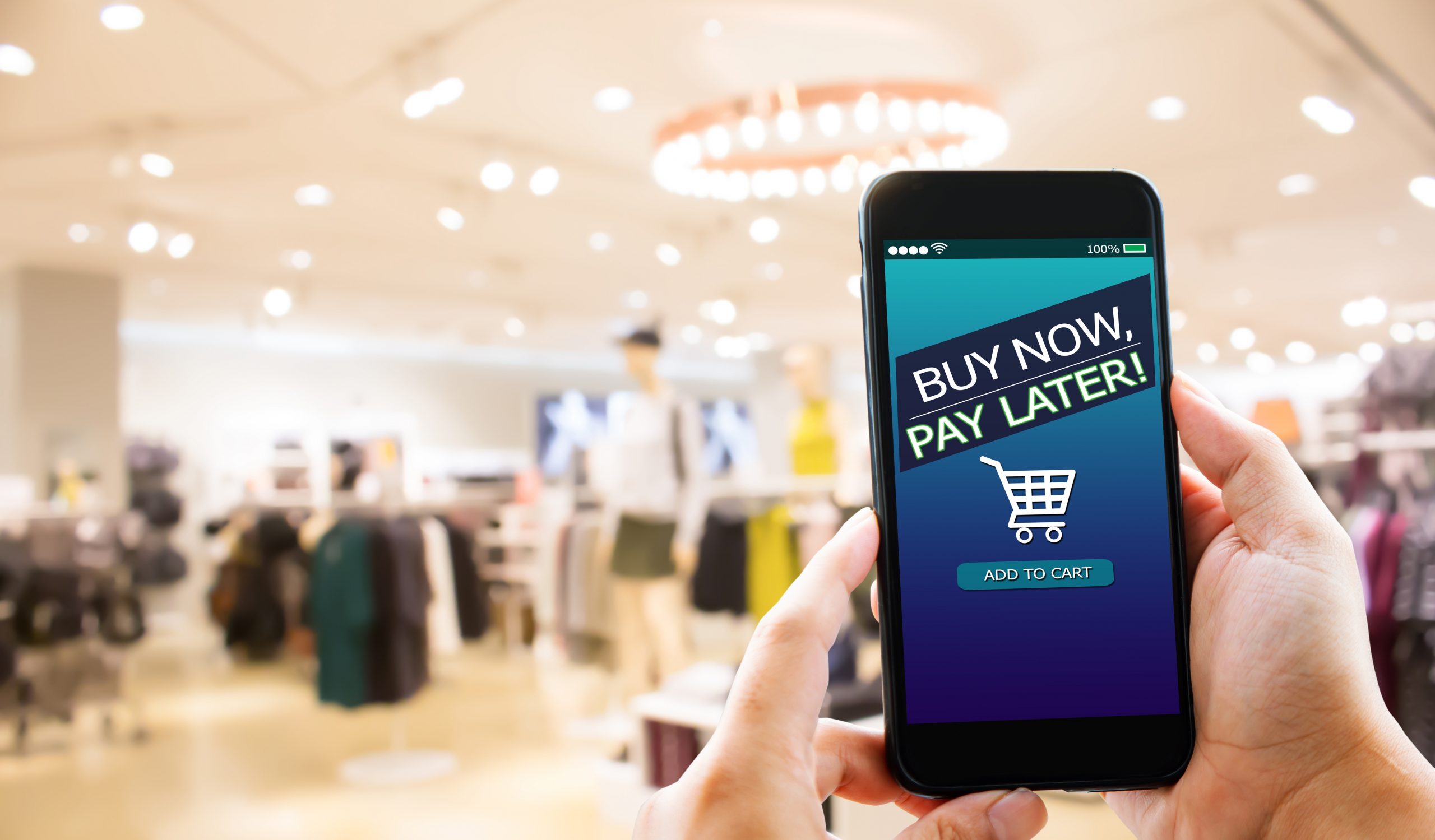Credit Cards & Loans
‘Alarming rise’ in use of buy now pay later schemes

The number of people using buy now pay later (BNPL) schemes has jumped from 49% in 2020 to 57% this year, according to OpenMoney.
A study by the financial advice platform found that more than a half of Brits are worried how they’ll afford presents this Christmas, a 3% rise on last year. Worryingly, many people are living beyond their means with 89% feeling ‘encouraged’ to follow an unaffordable lifestyle and 43% struggling to clear debts.
OpenMoney compared 2021 and 2020 data to show the extent to which many people are splashing out on expensive items they can’t afford. When asked how they would pay for Christmas, 37% said credit cards, 23% store cards, and 22% BNPL schemes. One in five (22%) said they would be using savings.
More than half of people (57%) admitted to using BNPL schemes such as Klarna or ClearPay in 2021, compared to 49% in 2020. The main reason, cited by the 2,000 people surveyed, was not being able to purchase items in one payment (41%) while one in five believed they would avoid credit checks.
BNPL schemes are a form of credit and give consumers the opportunity to buy something now and pay for it at a later date. But because of the way some schemes work they can quickly become expensive if debt is not cleared, with interest and other charges added.
OpenMoney found using a BNPL scheme had ‘tempted’ 42% to buy something they couldn’t afford, despite 83% of people confessing to concerns about their online spending habits leading to long- term debt.
Worryingly, the data shows how many people are using BNPL to splurge on big-ticket items. More than a quarter (26%) splashed out on laptops, phones or other tech, 19% on clothes, 18% on holidays and 14% on interiors and furnishings for the home.
Missing BNPL payments or borrowing too much can lower your credit score, leading to problems if you apply for loan, credit card or mortgage in the future.
Given their popularity in online shopping, OpenMoney said it’s unsurprising 43% had ‘struggled’ to pay back a BNPL purchase. Many said they’d been forced to borrow money from parents or friends, take out a loan, or leave rent and bills unpaid to pay off money they owed.
For others it wasn’t just the impact on their pockets but also to their mental health, with a build-up of debt causing anxiety for 41%, sleep problems for 37%, and depression for 28%.
Hayley Millhouse, managing director of OpenMoney Adviser Services, said: “We have seen an alarming rise in the use of BNPL schemes as online shopping has continued to grow in popularity. But the danger is these schemes are encouraging people to buy items they otherwise couldn’t afford, and they may end up living beyond their means and getting into debt which they struggle to pay off.
“This is particularly the case at Christmas and many people feel under pressure to find that perfect gift. Many will be tempted into buying items they can’t really afford and the consequences can be devastating both to their finances and their mental health. It’s important people fully understand what these schemes entail before they decide to buy now, pay later.”